One interesting data point from the weekend’s New York Times/Siena poll that most people haven’t touched on is a point that Aaron Blake at the Washington Post makes this morning in an analysis titled “Democrats’ failure to make 2022 about the threat to democracy”.
Despite the Jan. 6 hearings, the many GOP election deniers running, etc., just 52% of Biden voters and 23% of independents view the GOP as a major threat to democracy.
In fact, more independents actually view the *Democrats* as a threat to democracy.https://t.co/PcbIk6FH4i
— Aaron Blake (@AaronBlake) October 18, 2022
A New York Times/Siena College poll shows that 45 percent of Americans regard Trump as a “major” threat to democracy, while just 28 percent say the same of the GOP.
That 28 percent figure is actually smaller than the percentage who view the Democratic Party as a threat to democracy (33 percent) — despite there being no comparable example of Democrats trying to overturn an election. (And no, Stacey Abrams and Hillary Clinton aren’t analogous.)
Aaron is a little heavy-handed in his condemnation of Republicans (you mileage may vary), but he does make an interesting note elsewhere in the story.
Despite the well-publicized Jan. 6 hearings, including the likely final one, held last week, the insurrection has not been an overarching focus of Democrats’ 2022 campaign messaging. Politico reported last week that Jan. 6 has featured in less than 2 percent of ads run for House Democrats.
This lacuna in their messaging comes even as most House Republicans supported Trump’s baseless last-ditch election challenges that led to the attack on the Capitol, and even as a majority of the GOP’s most prominent candidates have either denied or questioned the 2020 election results.
The “threat to democracy” has actually been central to the messaging of the party, but campaigns are not including it in their ads.
What Blake gets at, sort of, is the idea that the Democrats didn’t do a good job of convincing voters about the evils of January 6, 2021, and thus the voters don’t care. However, there is plenty of evidence to suggests the reverse: Voters didn’t care all that much about the “threat to democracy” January 6, 2021, caused, so Democratic campaigns chose other issues that voters did care about.
Which, at the time most of the campaigns really started rolling, was abortion.
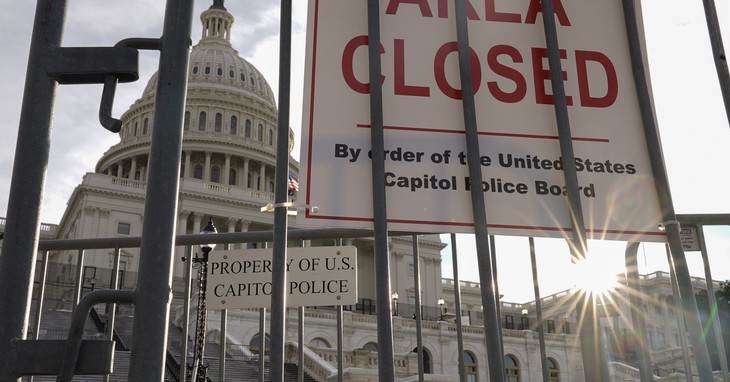
Consider this Harvard-Harris poll from February 2021, a month after the riot at the capitol. It showed that, at the time, when voters were asked about the violent riots across American cities the previous summer and the January 6 riot, 55 percent of voters found the former was more concerning to the latter’s 45 percent. What’s more, at the time, more voters thought Antifa was a domestic terrorist organization than the Proud Boys.
The poll – again, from a month after the January 6 riot and several months after the summer Antifa riots – showed it wasn’t as big an issue. And in subsequent polls, voters never really seemed to buy in to the idea that democracy was really under threat from the GOP. They were, as Blake points out, more likely to see Trump as a threat to democracy.
But the Democrats’ campaigns have noticed the polling and they reacted to it. Over the summer, as campaigns really got underway, the Dobbs decision was driving a lot of political rhetoric. The Democratic Party switched to abortion as their primary campaign issue, and ad after ad was produced to rally the troops. We saw a surge in the polls. But the surge was temporary, and economic issues were not. Inflation, gas prices, supply chain issues, the stock market, and more have left voters uneasy about the Democrats’ ability to lead the country through an economic crisis.
So as the summer wound down, so did the surge, leaving Democrats with a slate of ads on abortion and voters mad at them for being focused on the wrong thing.
It’s not that Democrats failed to make the case. It’s that voters never really cared all that much about something that was a horrible event, but they don’t think it was a threat to democracy. That was obvious in the gubernatorial race in Virginia last year. It’s obvious in all the polling before and since, and it’s obvious to most Americans who aren’t hyper-focused on national politics. The people focused on their daily lives are focused about the economic strain they’re under right now.
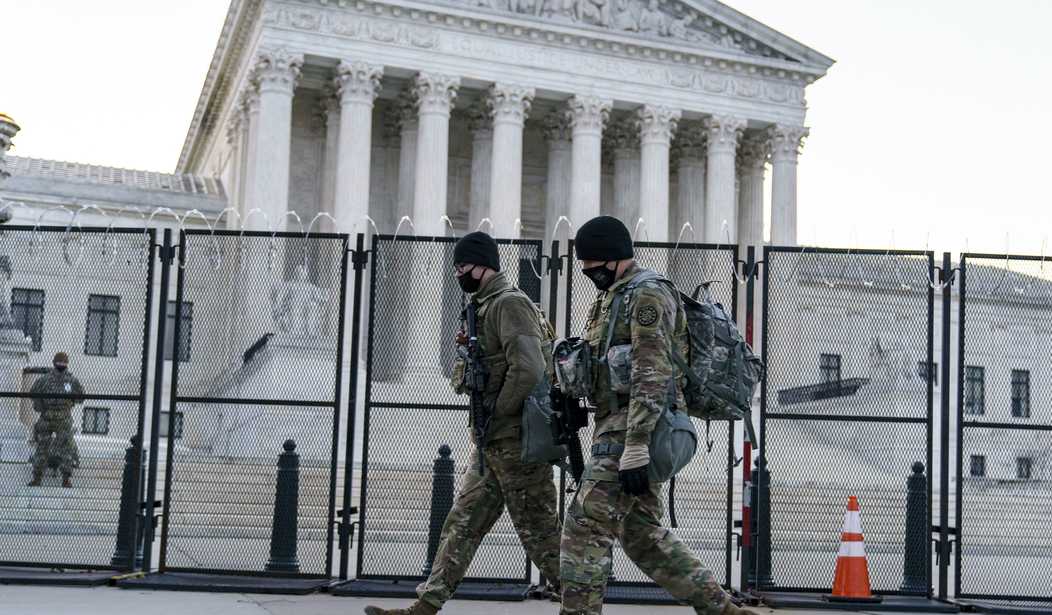









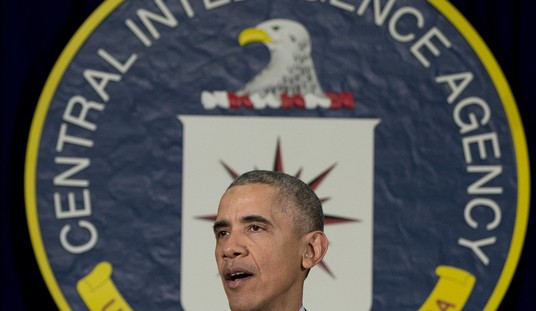

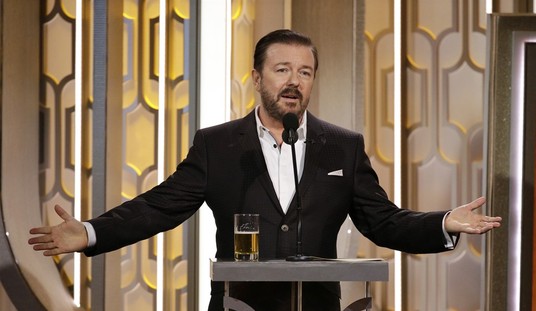
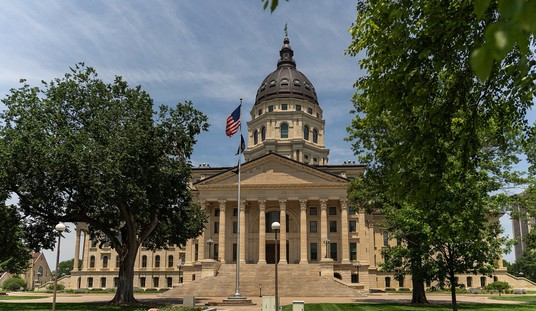
Join the conversation as a VIP Member